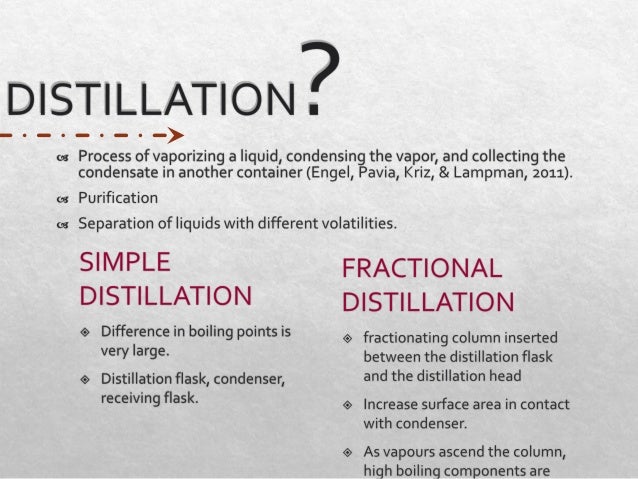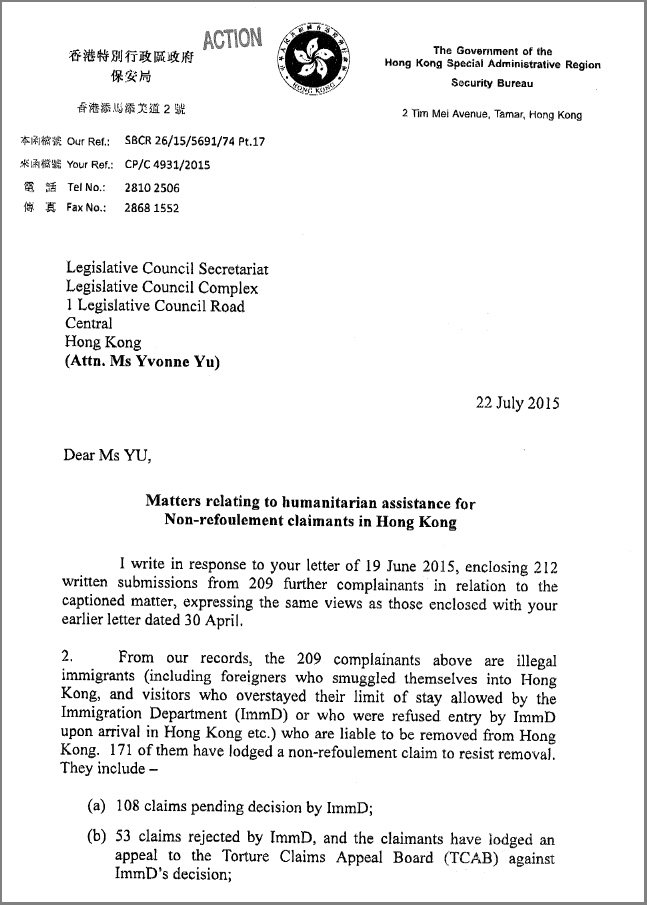Max Weber's Bureaucratic Management Theory - Management.
Max Weber’s Bureaucratic Theory of Management proposes that the best way to run an organization is to structure it into a rigid hierarchy of people governed by strict rules and procedures. Bureaucracy is defined in the dictionary as, “a system for controlling or managing a country, company, or organization, that is operated by a large.Max Weber’s bureaucratic management theory focuses on is the delegation of responsibilities to subordinates or employees within an organization. Max believed that tasks should be assigned to workers based on their skill levels and the ability for efficiency. Plus there be nothing like a flexible role.Max Weber and Bureaucratic Theory Weber was born in Germany in 1864 and grew up during the time when industrialization was transforming government, business, and society. Weber was interested in industrial capitalism, an economic system where industry is privately controlled and operated for profit.
EssayShark cares about your privacy and confidentiality. Our service asks only for an email for creating your personal account and credit card information to make the payment. We guarantee that any personal information that we receive from you will not be disclosed to third parties.The bureaucratic theory of public administration owes its existence to Max Weber and his magnum opus Economy and Society published in 1922.It was Weber who popularized the term and in his book gave a glimpse of the extensive research he had carried out by studying ancient and modern states to understand the working of the bureaucracies in different eras.

Specialization: A bureaucratic organization provides the advantages of specialization because every member is assigned a specialized task to perform. 2. Structure: A structure of form is created by specifying the duties and responsibilities and reporting relationships within a command hierarchy.











